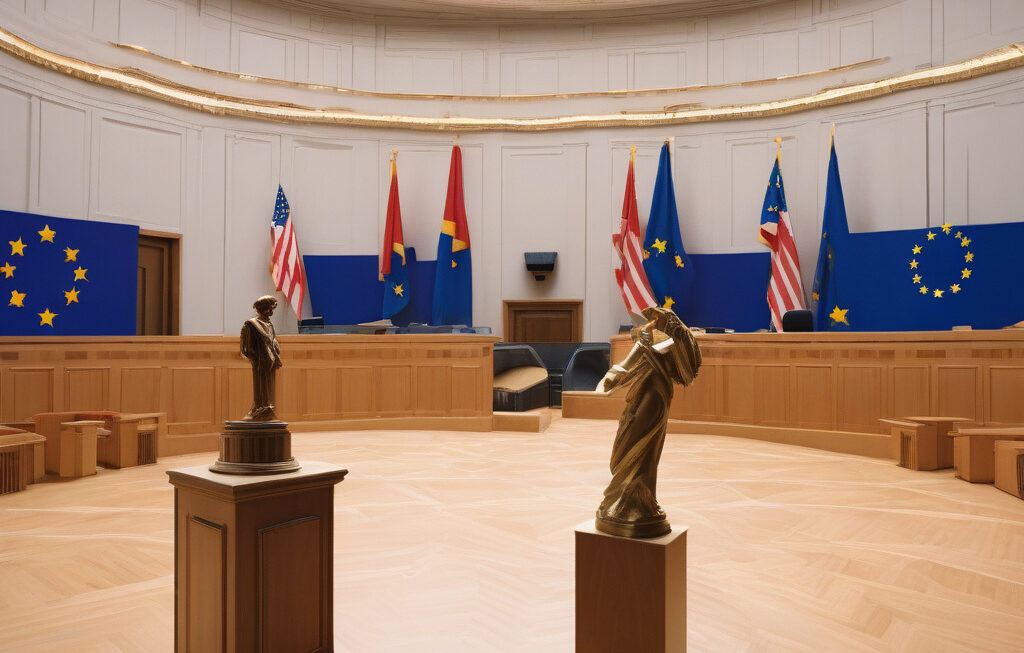Brazil’s Lula Criticizes Meta’s Move to End US Fact-Checking Program
Former Brazilian President Luiz Inacio Lula da Silva has recently criticized Meta Platforms Inc., the parent company of Facebook, for its decision to end a fact-checking program in the United States. This move comes amidst a warning from Judge Alexandre de Moraes to tech firms regarding local compliance in Brazil. The intersection of global tech giants and local regulations is sparking debates and raising questions about accountability and responsibility in the digital age.
Meta’s move to discontinue the fact-checking program in the US has raised concerns about the spread of misinformation and its potential impact on society. Lula, a prominent political figure in Brazil, has been vocal about the need for social media platforms to take responsibility for the content shared on their platforms. He argues that by ending the fact-checking program, Meta is neglecting its duty to combat fake news and disinformation, which can have serious consequences for democracy and public discourse.
Meanwhile, Judge Alexandre de Moraes has issued a warning to tech companies operating in Brazil, emphasizing the importance of complying with local regulations. This warning comes in the context of ongoing disputes between the Brazilian government and social media platforms over issues such as content moderation, data privacy, and misinformation. Judge Moraes’s message is clear: tech firms must adhere to Brazilian laws and standards if they wish to continue operating in the country.
The clash between Meta and Brazilian authorities highlights the challenges that tech companies face when operating on a global scale. While these companies strive to create a borderless digital community, they must also navigate a complex web of local regulations and cultural norms. Balancing free speech with responsible content moderation is a delicate dance, and missteps can have far-reaching consequences.
In the case of Meta’s decision to end the fact-checking program in the US, the company has drawn criticism from both public figures like Lula and regulatory authorities like Judge Moraes. The move raises questions about Meta’s commitment to combating misinformation and upholding the integrity of its platform. It also underscores the need for greater transparency and accountability from tech companies when it comes to content moderation practices.
As the debate over tech regulation continues to evolve, it is clear that the actions of companies like Meta will be closely scrutinized. The intersection of global tech platforms and local regulations is a complex and ever-changing landscape. Finding the right balance between innovation and responsibility is a challenge that all stakeholders – from tech companies to policymakers to the public – must grapple with in the digital age.
In conclusion, the criticism leveled by Lula against Meta’s decision to end the US fact-checking program underscores the broader tensions between tech companies and regulatory authorities around the world. With Judge Moraes’s warning to tech firms operating in Brazil, the stakes are higher than ever for companies like Meta to navigate the complex regulatory environment. How they choose to respond will not only shape their own future but also have implications for the future of digital governance globally.
Brazil, Lula, Meta, Fact-Checking, Tech Regulation










